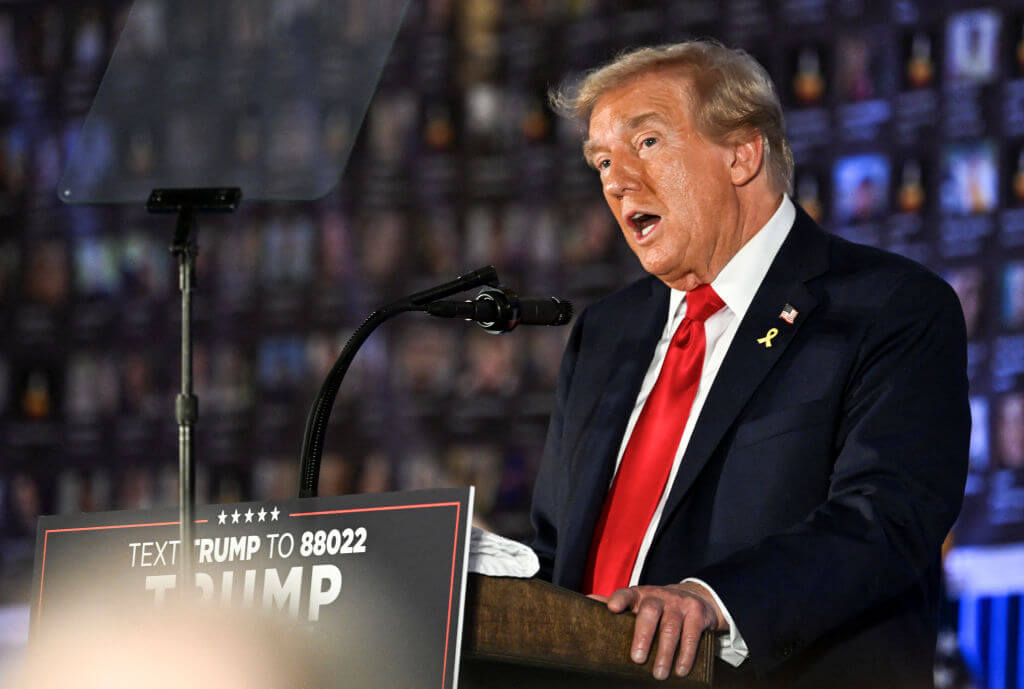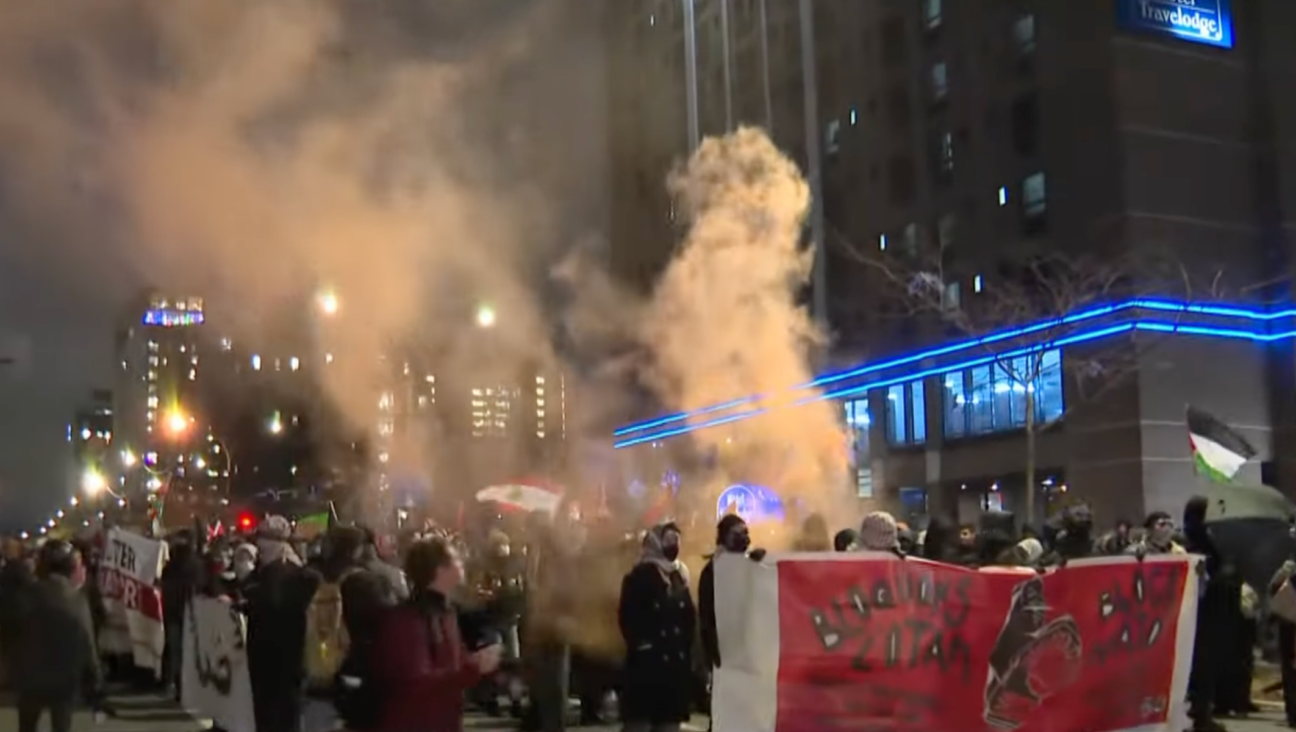An Unexamined War Is Not Worth Waging
As Uncle Sam is daily readying for a war against Iraq and, perhaps, North Korea, the big question is: Do they have nukes and other weapons of “mass destruction”? If they have them, do we, the United States, alone or in collaboration with others who think and feel as we do, have the right to disarm these “rogue states” by armed force?
In the debate about whom we shall hit and when and how, there is an undeclared assumption; namely, that the United States — or perhaps the United Nations — has the right to determine which nations on the face of the earth have the right to have “weapons of mass destruction” and which do not.
To question this assumption seems to be out of order, perhaps unpatriotic, even treasonous. Surely, a responsible country like the United States would not use “weapons of mass” destruction. We are good guys. But “rogues” like Saddam Hussein are bad guys, part of an “axis of evil.” So, we are entitled to use any weapons we wish. But that is a “right” denied the bad boys.
But who decides which countries are “good” and which are “bad”? Let’s look at the record: Only one country in the world has ever used thermonuclear bombs that were directed primarily at nonmilitary targets. That country is the United States. The bombs at Nagasaki and Hiroshima killed about 100,000 people — few, if any, in uniform. The answer to our query is so troubling that one hesitates to ask the question.
But the United States also approved the use of germ warfare and biological weapons as well. We did not ourselves use them. But we gave Iraq’s Saddam these unconventional “weapons of mass destruction.” He was then engaged in a war against Iran and we, the United States, gave him some of our “unconventional weapons” for use in a war that we approved at that time.
But in the light of our supplying Hussein with ugly weapons of mass destruction then and our present readiness to go to war against him now because he may still have the weapons we gave him, must we conclude that anytime Uncle Sam declares a nation or its government a “rogue” it is a rogue, and when we decide that the same nation with the same ruler is not a “rogue,” then that country and its ruler are not rogues?
But, it may be argued, Saddam did sign an agreement after the Gulf War that he would disarm and, therefore, he should be held to that agreement — or else. But then the nagging question arises as to whether an agreement is binding if one party to the agreement signed it because a loaded gun was held to its head.
But, if failure to abide by an agreement is really a heinous offense, how do we justify our violation of an agreement with Russia in which we agreed on a balance of nuclear weaponry — an agreement that the Russians say we are violating by developing an anti-nuclear defense system. As Russia sees it, if the United States develops an anti-nuclear defense, then all the thermonuclear bombs that Russia has in its arsenal are useless. In effect, we have disarmed them but we have not disarmed ourselves. Does Russia, then, have the right to declare us a “rogue” nation? Or is that the responsibility of the United Nations? And after they have declared us a “rogue” will they be justified in declaring war against us?
All of the above are nagging questions — not conclusions. We ask them about ourselves because nobody else, so far, has raised the question. And, as Aristotle said, “an unexamined life is not a life worth living.”
A message from our CEO & publisher Rachel Fishman Feddersen

I hope you appreciated this article. Before you go, I’d like to ask you to please support the Forward’s award-winning, nonprofit journalism during this critical time.
We’ve set a goal to raise $260,000 by December 31. That’s an ambitious goal, but one that will give us the resources we need to invest in the high quality news, opinion, analysis and cultural coverage that isn’t available anywhere else.
If you feel inspired to make an impact, now is the time to give something back. Join us as a member at your most generous level.
— Rachel Fishman Feddersen, Publisher and CEO





















